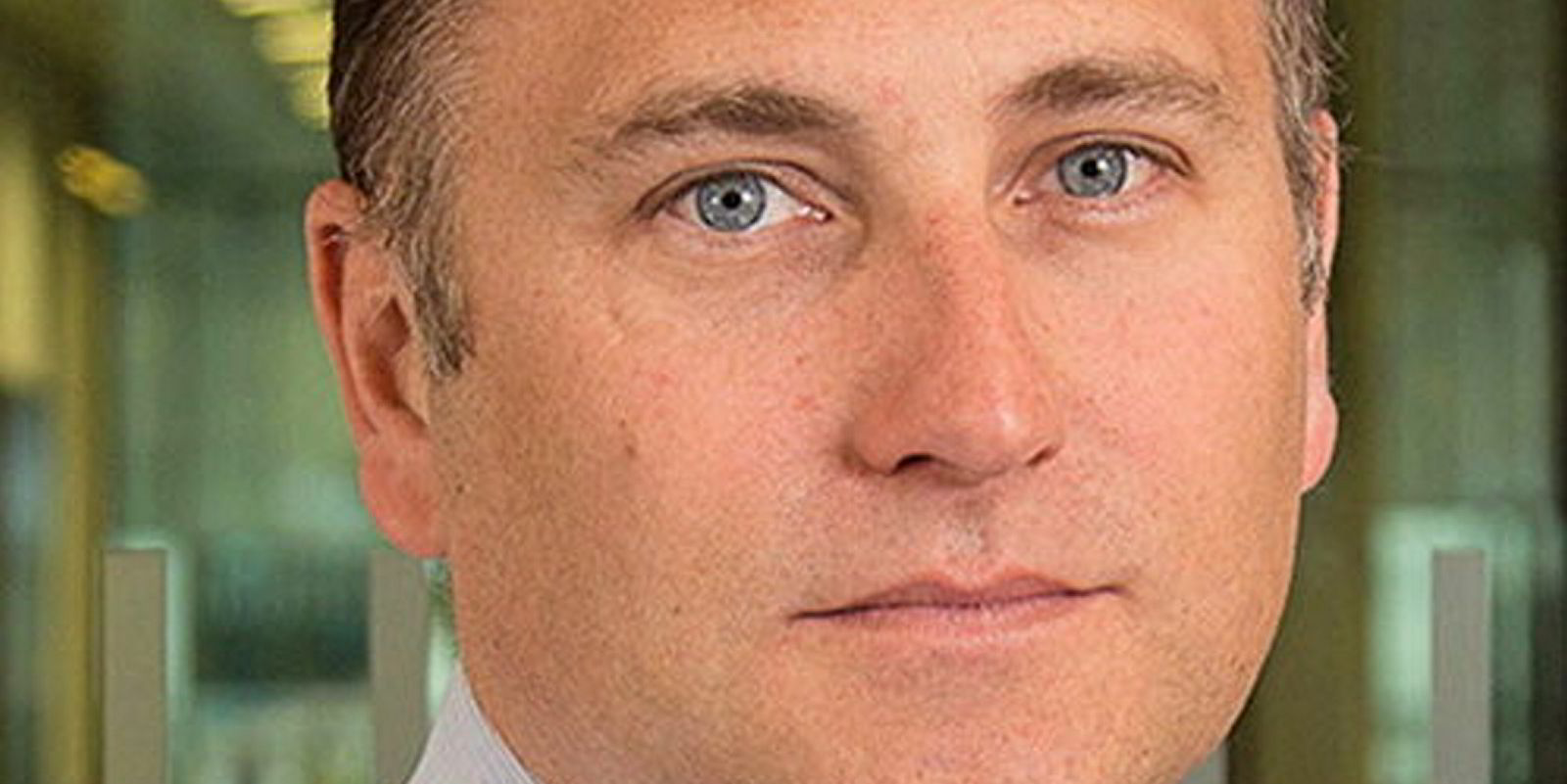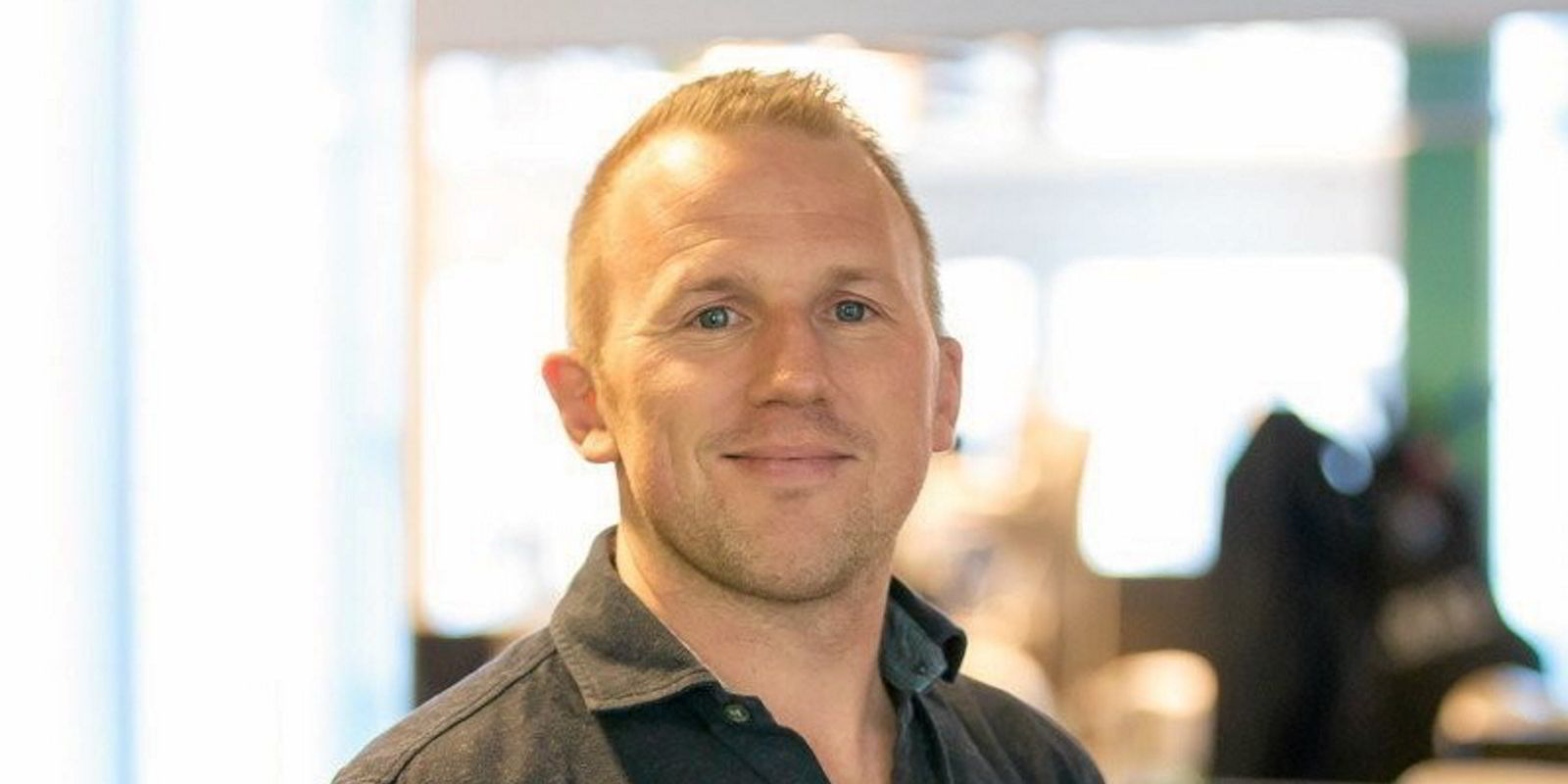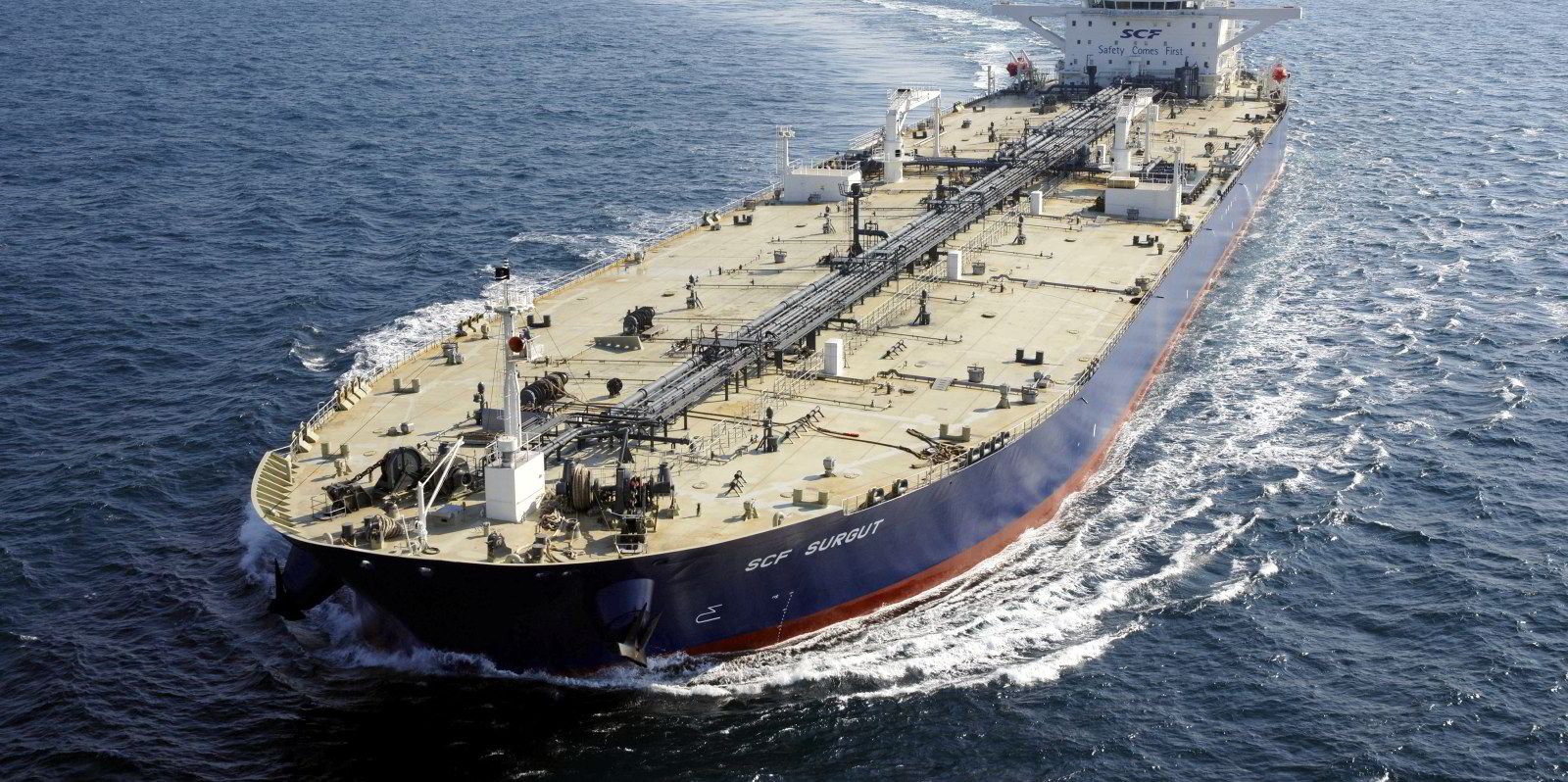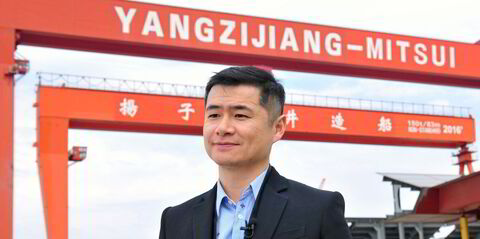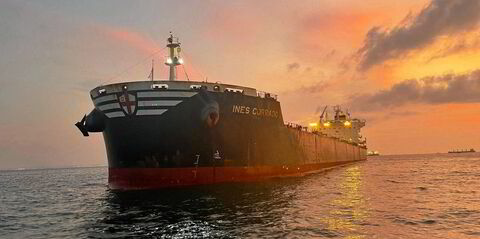Commodities giant Vitol says its crude and product tanker fleet is on track to meet the International Maritime Organization’s emissions reduction targets six years early.
But more work is needed on the harder-to-abate LPG carriers and bitumen tankers.
The charterer and shipowner’s 2023 sustainability report reveals shipping operations have cut their carbon intensity by 38.7% against the IMO’s 2008 baseline.
This is down from 38.8% in 2022, but better than the 36% achieved in 2021.
The IMO’s target is a 40% cut by 2030.
Vitol explained the slight dip last year was due to dry-dockings, as several vessels could not be used as much for transport.
“However, our crude and clean product tanker fleet already emitted less CO2 in 2023 than required by the IMO’s 2030 target,” the group said.
But Vitol added that emissions from bitumen carriers and LPG ships have been harder to reduce because of the “additional energy requirements for heating and cooling linked to product specificities”.
“All LPG carriers will undergo an extensive dry-docking programme in 2024 to meet these targets,” the company said.
Vitol has a fleet of more than 55 owned vessels backed by a number of chartered-in ships.
The trader undertook 6,000-plus voyages in 2023, moving hundreds of millions of tonnes of energy products around the world.
Older ships sold off
The company said 2023 was an active year for the secondhand tanker market, and it sold several older, less efficient vessels.
Modern tonnage was also welcomed into the fleet.
Vitol pointed to the 110,000-dwt LR2 Elandra Swallow (built 2023) that is equipped with the latest energy-saving technologies such as a pre-swirl duct and propeller fins.
Such energy-saving technologies have also been retrofitted on many vessels during dry-dockings in partnership with Finland’s Wartsila.
The Finnish group’s EnergoFlow and EnergoProFin technologies led to 6% average savings in greenhouse gas emissions on two MRs, which has “aided the validation of further retrofits” in 2024, the company said.
A partnership with Danish data platform ZeroNorth has led to an efficiency programme where all owned and time-chartered vessels are weather-routed and optimised according to arrival windows and market conditions.
“In addition to proven retrofits, there are a number of innovative technologies available to the market to achieve further efficiency gains. Air lubrication and wind-assisted propulsion are also options for certain vessels and a number of investigative studies are in progress,” Vitol added.
“In the interim, Vitol continues closely to follow developments in the alternative fuels space that could supplement existing certified biofuels to further reduce carbon intensity, along with carbon capture technology,” the company said.
